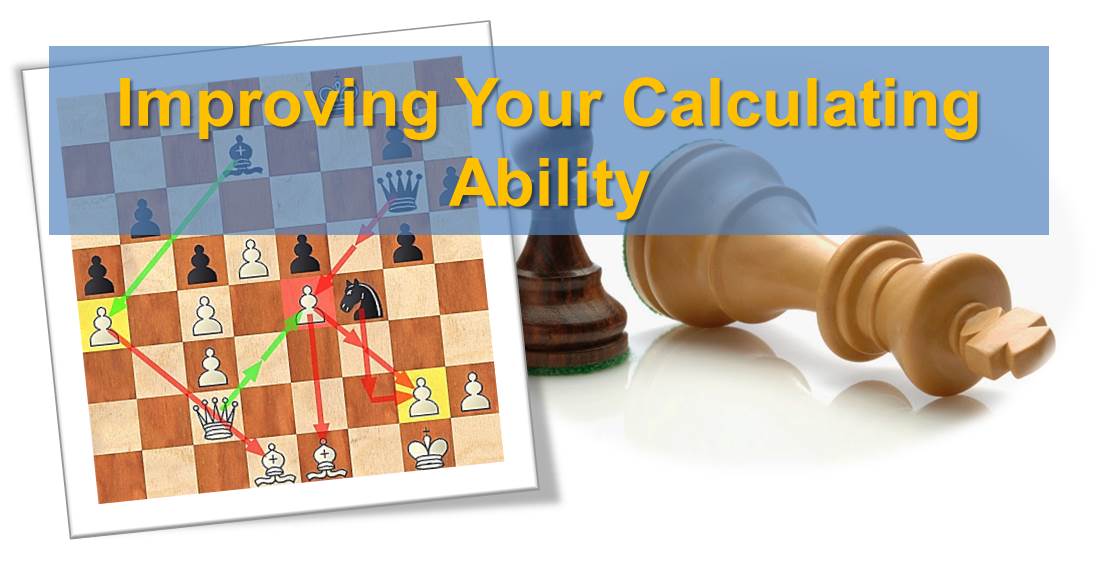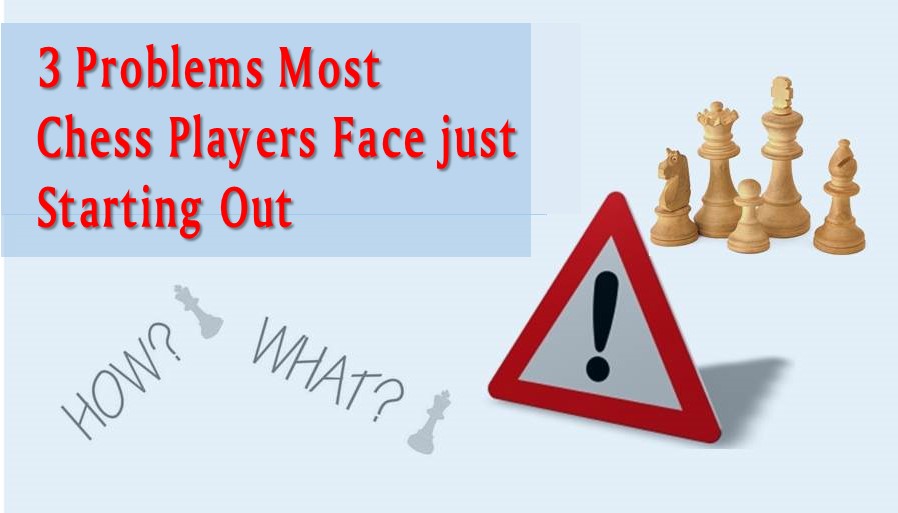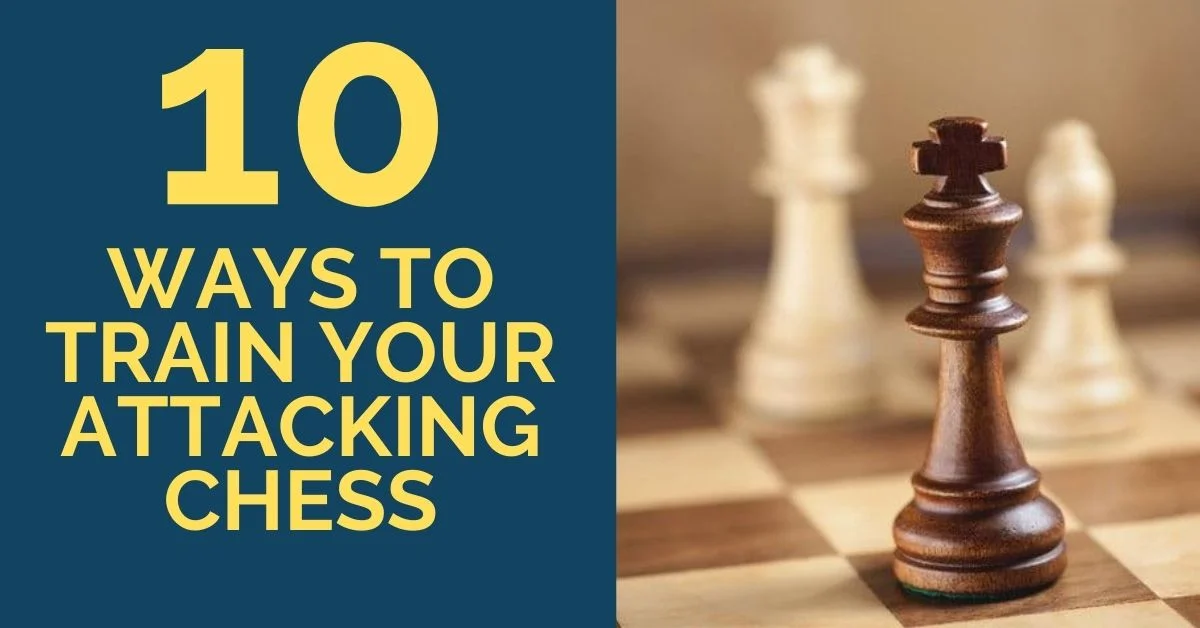5 Chess Training Rules You Gotta Break
Most chess players know the fundamental training rules. In order to improve at chess, they need to play more games, solve tactics, work with the books, and so on. Ironically, following the rules without good understanding may be something that prevents them from reaching new heights. Chess masters know very well that oftentimes breaking training rules will help a player much more than blindly following them.
Rule 1: Playing more games will take you to the next level
How many times have we all heard that playing more games is something that will help you to improve at chess?
Surprisingly, many chess player believe in that and spend hours and hours on online chess platforms. There are even some 2200+ players that claim that they reach the master’s level by simply playing chess.
It is indeed possible for some, but definitely not the case for majority of the chess players. It is much easier to find a 1200 rated player with 15,000 games history rather than a 2200+ player who just plays and never studies. Strong players know that it is not necessarily important how many games you have played, but what matters is the quality of those games. Playing a single two hours long game against a challenging opponent will do a lot more for your chess than the whole month of online blitz.
The best approach for those who wants to improve is to combine classical training methods with serious, long-time control games. Remember, it is always quality over quantity that can take you to the next level.
Rule 2: Tactics is the key to winning chess games
The most common advice that is given to players when they ask “how to improve at chess” is “to solve tactics”. It is hard to disagree that tactics plays a major role in the game. Many of the games are decided one or another way because of tactics. Some chess players take tactics training to the extreme, and spend all of their chess time solving tactics.
Needless to say, this is not a very optimal approach.
There are other very important elements of chess that one needs to master, in order to become a stronger player. These are endgames, positional understanding, attacking chess, planning, and opening preparation. It is a good idea to cover all of these in your training sessions, rather than just focusing one or two.
Rule 3: Staying consistent with your training methods is a must
It is indeed important to consistently work on your chess. However, using the same training methods month after month and year after year without seeing any significant progress is not very efficient.
I would like to demonstrate this concept using the “wet towel” analogy. If you have a bunch of wet towels and you need to collect water, you can approach this task in different ways. You can take one towel and squeeze 30% of the water out. It is not very hard. Then you can squeeze some more water and add another 5-10%. Now it’s becoming more difficult and you need to exert a lot more effort and spend far more time to get water from this towel. You can keep trying hard to squeeze more water out of that towel, and maybe if you use all of your creativity, you’ll be able to add a few more drops. Or you can simply take another towel and squeeze another 30% in no time.
The idea I’m trying to show to you is very simple. If one training method stopped working, it is not efficient to work harder trying to add another 5-10 elo points to your rating. It is far better to change training routine and start adding 50-100 elo points instead.
Rule 4: Diversity of chess resources is a key to success
Many chess players prefer to have 10-20 different chess books and to work on them simultaneously. It is not a good approach. It may be very time consuming to keep track of all of the materials and to understand and apply the new knowledge in your games.
It is usually a better idea to work on one or two different sources at a time. That way you can really focus on the material and understand the author’s ideas and philosophy in greater depth. When choosing what books to study, you should aim for practical advice instead of a purely theoretical knowledge.
Rule 5: Long training sessions will make you a better player
Many chess players want to identify the most optimal duration of their training. There is no secret formula that derives the length of perfect training session. It is far more important to focus on quality of training and consistency of the lessons rather than on duration of a single lesson.
As a general suggestion, I recommend having multiple shorter training sessions throughout the week, rather than packing everything into the single 5 hour long session. Longer sessions are usually less efficient in terms of learning and keeping motivation.
That’s why in our 21 days training course we have separated the material into the chewable bites which would take you about one hour a day to digest. In our experience that is the best approach for chess training.










Comments: